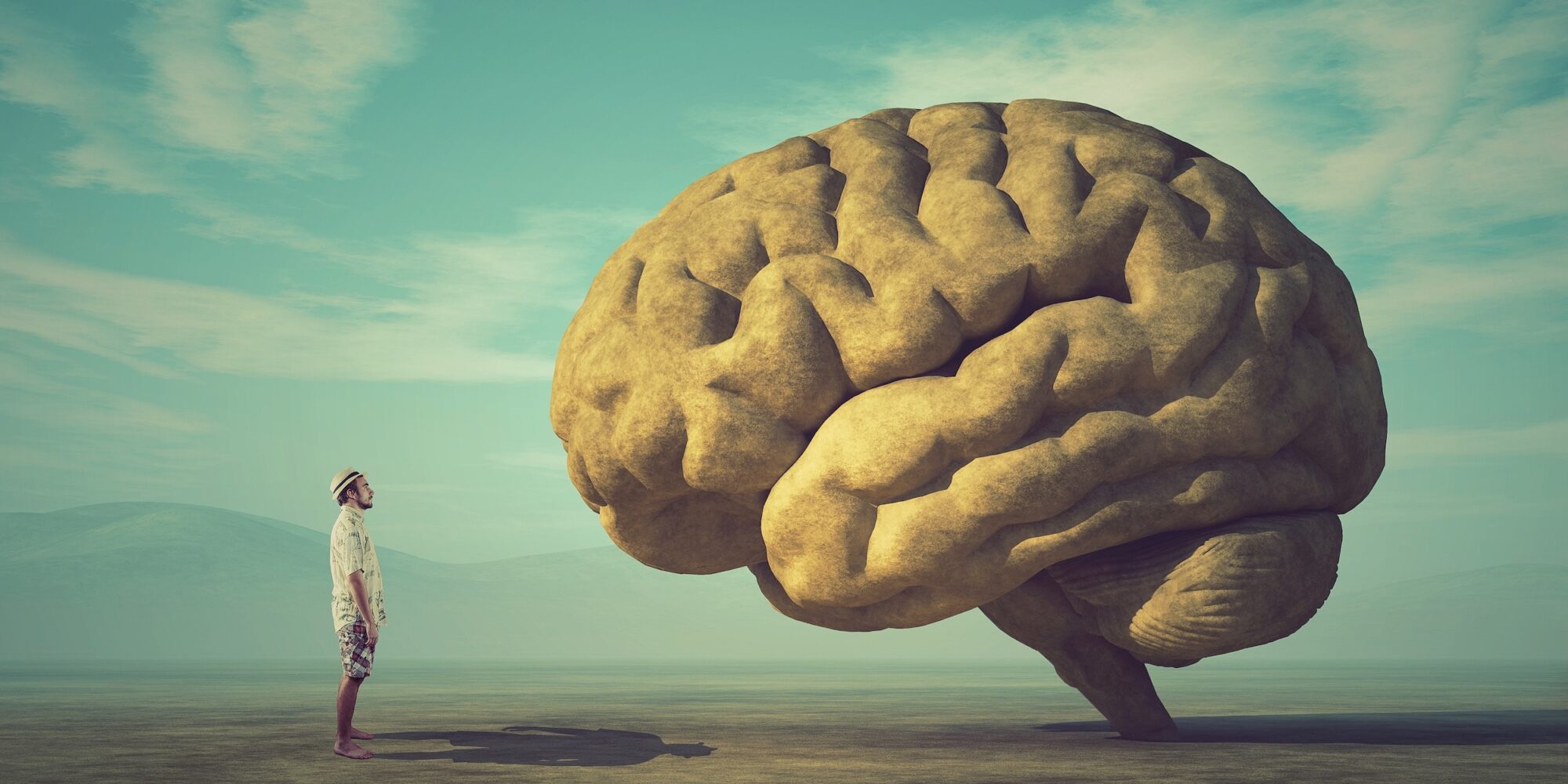Then I Am Myself The World: Dr. Christof Koch’s journey into psychedelics
Seeing | Neuroscience | 2025-02-21

Neuroscientist Dr. Christof Koch’s latest book has a title quoting the second act of the famous opera, Tristan und Isolde: “Then I Am Myself The World.” In this book Koch describes how he, during a psychedelic experience on 5-MeO-DMT, felt that he was one with the universe, which echoes the epic tale by Wagner. Essentia Foundation’s Hans Busstra interviewed Koch on his book, his psychedelic trip and, of course, Integrated Information Theory (IIT), the scientific theory of consciousness Christof Koch and Gulio Tononi are famous for.
IIT offers a mathematical way to quantify consciousness using a measure called Phi (Φ). Phi represents the degree to which a system is both highly integrated and differentiated—two essential properties of conscious experience. According to IIT, the higher the Phi of a system, the richer its subjective experience. In what can be considered a strength of IIT, it makes few assumptions about what a conscious system should look like: literally any system has a Phi that can be measured, whether it’s an AI or bacteria.
Interestingly, Koch points out that all current AI’s have a rather low Phi: though their computing power is daunting and they may very well simulate consciousness, their integrated information is still very low compared to the neurons in our brains.
But can IIT, next to offering perhaps the first truly scientific measure of consciousness, also account for the mystical-type experience Koch himself had? The difficulty here is that, for IIT to have any explanatory power, it needs a substrate to analyse. If Koch indeed had become part of a larger consciousness, what then was the ‘new’ substrate—extending beyond his own brain—to analyze?
But where IIT does have a strong advantage over computational theories, which regard consciousness as emergent from computation, is that it has a way to distinguish between ‘parts’ and ‘wholes.’ If two systems become highly interconnected, IIT predicts a measurable moment when the Phi of the interconnected system is higher than that of the sum of its parts. Then a new—say, ‘higher’—mind comes into existence, and the consciousnesses of the ‘lower’ parts cease to exist.
To watch the full conversation between Busstra and Koch on YouTube, click here:
00:00 Introduction
05:12 Is Integrated Information Theory as a materialist theory?
08:46 Unpacking IIT: intrinsic conscious experience as the starting point
11:05 Feelings have a specific structure
14:37 What is ‘intrinsic causal power’ and why is it important?
18:38 The difference between being in love and the mass of an object
21:05 Unfolding the intrinsic causal power of a system
21:51Can you give me the algorithm of the taste of garlic?
25:50Consciousness is NOT the brain
29:16The unfolded causal structure of a teapot
31:25The difference between IIT and panpsychism and the consciousness of bacteria and bees
35:03Consciousness vs Self-Consciousness
36:18The combination problem and how to establish the boundary of a (conscious) system
39:23The experiment of brain bridging
41:50Split brain experiments
49:45Brains are nog magical: neuro morphic engineering
52:11What is a whole and what a part?
55:55How a larger consciousness would wipe out you and me: the Borg example from Star Trek
57:03Christof Koch on his DMT trip
59:58The ontological shock of psychedelics
1:04:24How to make sense of the psychedelic experience?
1:08:50Is IIT idealist?
1:13:56Are hearts conscious?
1:15:16On the filter hypothesis
1:17:44What can IIT say about the psychedelic state and NDE’s?
1:25:40What could a couple billion dollars buy when invested in neuroscience?
1:27:31On the critique on IIT
1:30:40Why we have to remain skeptical
1:32:51 ‘Naive’ physicalism
1:34:55On the placebo effect
1:40:01 Everyone wants to do psychedelics
1:40:38 The Near Death Experience on 5-MeO-DMT
1:44:26Will psychedelics change your scientific career
1:47:04On the mental gravity of the self
1:48:16 Closing remarks

Essentia Foundation communicates, in an accessible but rigorous manner, the latest results in science and philosophy that point to the mental nature of reality. We are committed to strict, academic-level curation of the material we publish.
Recently published
Reading
Essays
Seeing
Videos
Let us build the future of our culture together
Essentia Foundation is a registered non-profit committed to making its content as accessible as possible. Therefore, we depend on contributions from people like you to continue to do our work. There are many ways to contribute.















